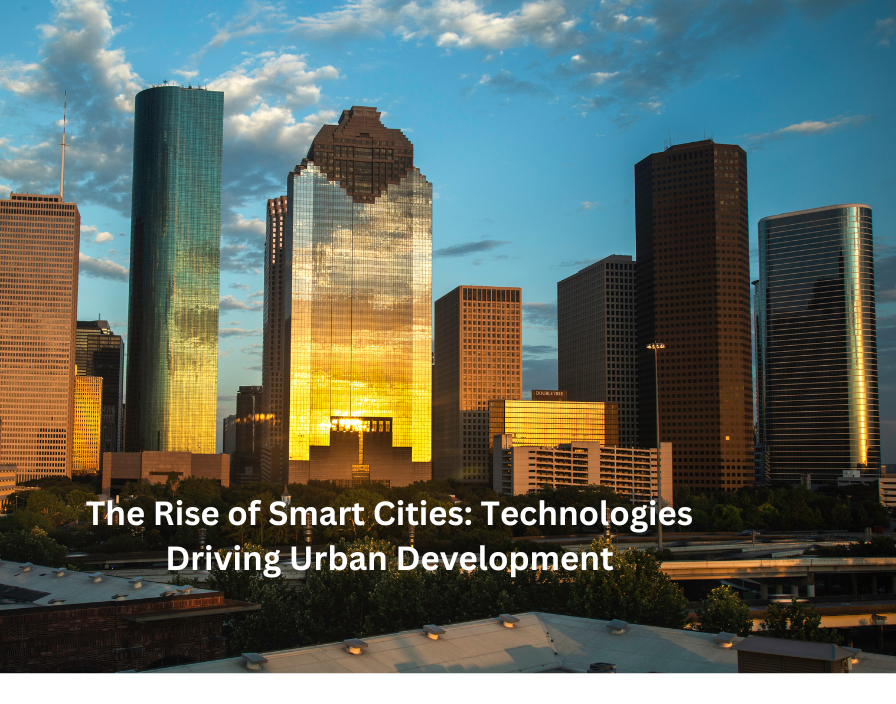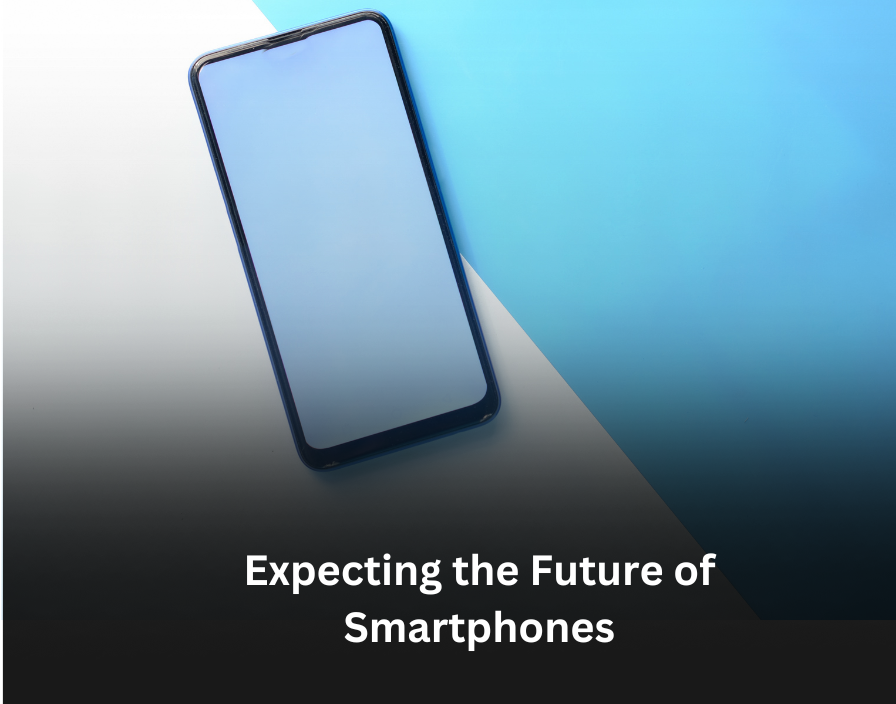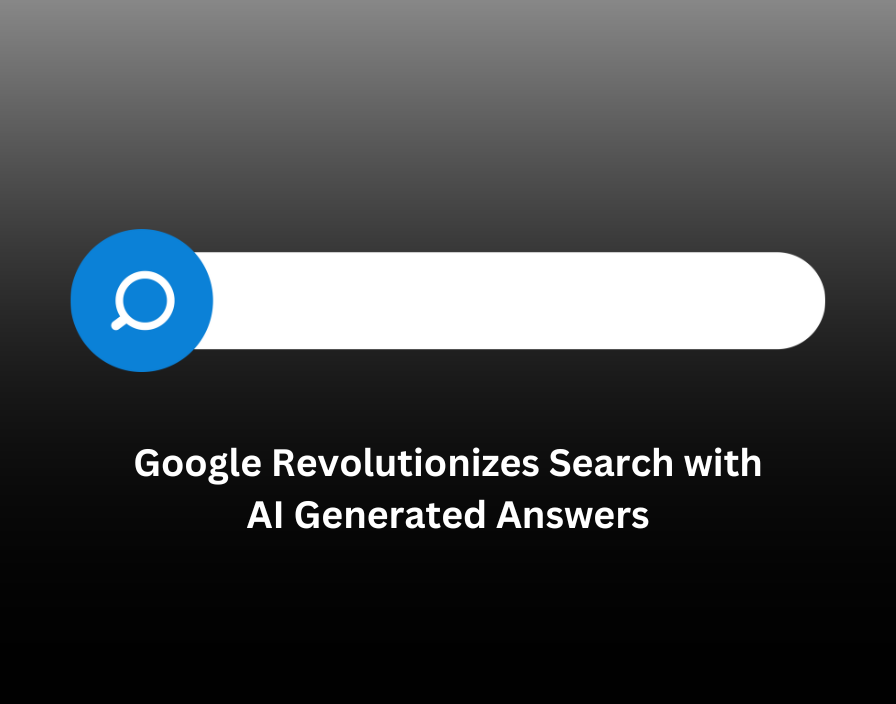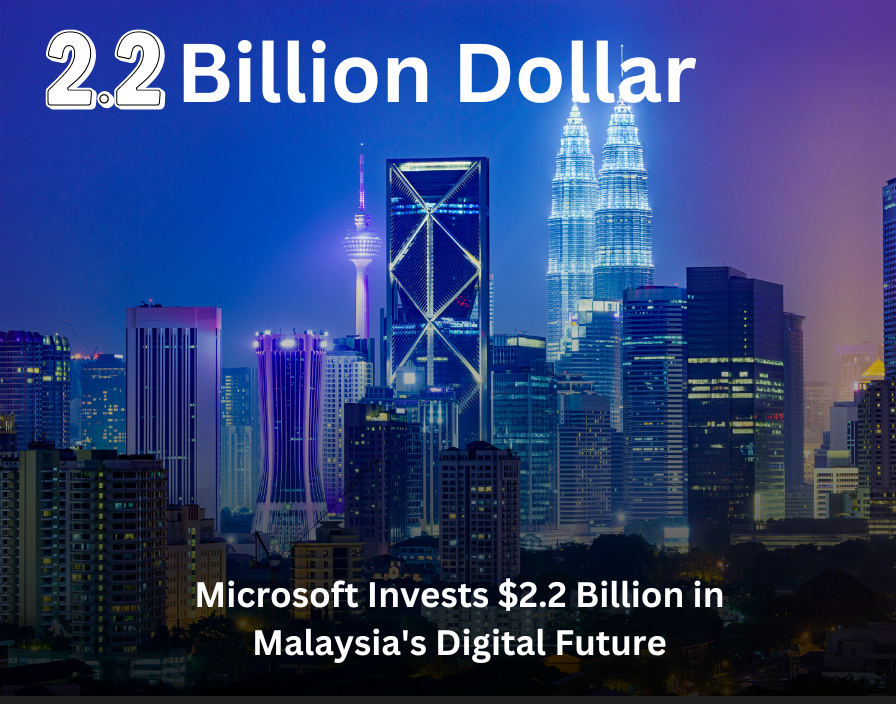The Rise of Smart Cities: Technologies Driving Urban Development

In recent years, cities around the world have undergone a significant transformation, driven by the emergence of smart technologies. These technologies, collectively known as smart city solutions, are revolutionizing urban development and paving the way for a more efficient, sustainable, and interconnected future. In this blog post, we will explore the rise of smart cities and the technologies that are fueling this urban revolution.
1. Internet of Things (IoT):
At the heart of smart cities lies the Internet of Things (IoT), which enables various devices and objects to connect and share data with each other. IoT sensors and devices are being deployed throughout cities to collect real-time data on various aspects, such as traffic flow, air quality, waste management, and energy consumption. This data provides valuable insights for city planners and policymakers to optimize urban infrastructure and services.
2. Big Data and Analytics:
The proliferation of IoT devices generates an enormous amount of data, often referred to as big data. Smart cities leverage advanced analytics techniques to process and analyze this data, extracting meaningful patterns and trends. This data-driven approach enables city administrators to make informed decisions, improve resource allocation, and enhance the overall quality of life for residents.
3. Smart Energy Management:
Energy consumption and sustainability have become key priorities for cities worldwide. Smart energy management systems help cities optimize their energy usage by integrating renewable energy sources, managing demand-response programs, and implementing energy-efficient infrastructure. These technologies not only reduce environmental impact but also lead to substantial cost savings for cities and their residents.
4. Intelligent Transportation Systems:
With the rapid urbanization and increasing traffic congestion in cities, transportation systems are being revolutionized by smart technologies. Intelligent Transportation Systems (ITS) utilize real-time data from sensors, cameras, and GPS devices to monitor traffic conditions, manage congestion, and improve overall transportation efficiency. Connected and autonomous vehicles are also playing a vital role in enhancing safety, reducing emissions, and improving mobility within cities.
5. Smart Infrastructure and Utilities:
Smart infrastructure and utilities encompass a wide range of technologies aimed at improving the efficiency and reliability of essential services. For example, smart grids enable better monitoring and management of electricity distribution, reducing power outages and improving the integration of renewable energy sources. Additionally, smart water management systems help optimize water usage, detect leaks, and improve water quality. These technologies enhance the sustainability and resilience of urban infrastructure.
6. Citizen Engagement and Participation:
Smart cities actively engage their residents through various digital platforms and mobile applications. Citizens can provide feedback, report issues, and actively participate in decision-making processes. This inclusive approach fosters a sense of community ownership and enables cities to address concerns promptly. Moreover, the availability of real-time information empowers citizens to make informed choices about their daily lives, such as transportation options, energy consumption, and public services.
7. Enhanced Public Safety:
Smart city technologies are transforming public safety and emergency management. Integrated systems combine data from surveillance cameras, sensors, and social media platforms to provide real-time situational awareness. Predictive analytics and machine learning algorithms help identify potential risks and enable proactive measures to prevent emergencies. Furthermore, smart emergency response systems facilitate rapid coordination and resource allocation during crisis situations.
There are several cities around the world that have successfully implemented smart city technologies. Here are a few notable examples:
Singapore:
Singapore is widely recognized as a global leader in smart city development. The city-state has implemented various technologies to enhance urban living, including an extensive network of sensors for monitoring traffic, waste management, and environmental conditions. Singapore's Smart Nation initiative encompasses a range of initiatives, such as the Smart Traffic Monitoring System, Smart Nation Sensor Platform, and Smart Housing.
Barcelona, Spain:
Barcelona has been at the forefront of smart city innovations. The city's "Smart City Barcelona" program focuses on leveraging technology to improve energy efficiency, mobility, and citizen engagement. Notable initiatives include the installation of smart streetlights that adjust lighting levels based on real-time conditions, the implementation of an extensive network of sensors for monitoring air quality, and the use of smart parking systems to optimize parking availability.
Copenhagen, Denmark:
Copenhagen is renowned for its commitment to sustainability and smart city solutions. The city has implemented a range of initiatives to reduce energy consumption, promote cycling and public transportation, and enhance citizen participation. Copenhagen's smart city projects include an advanced traffic management system, smart grid infrastructure, and a citywide bike-sharing program supported by IoT sensors and mobile apps.
Songdo, South Korea:
Songdo is a planned city near Seoul that has been designed as a smart city from its inception. The city incorporates cutting-edge technologies to optimize energy usage, enhance transportation systems, and improve quality of life. Songdo features an extensive network of sensors for monitoring air quality, waste management, and energy consumption. It also includes an intelligent building management system and an automated waste collection system.
Dubai, United Arab Emirates:
Dubai has made significant strides in becoming a smart city by integrating advanced technologies across various sectors. The city has implemented initiatives such as smart transportation systems, smart grid infrastructure, and smart buildings. Dubai's initiatives include the use of autonomous vehicles, smart parking systems, and the Dubai Electricity and Water Authority's Smart Grid program, which focuses on optimizing energy distribution and consumption.
Amsterdam, Netherlands:
Amsterdam has embraced smart city technologies to enhance sustainability, mobility, and quality of life. The city has implemented projects such as smart grid infrastructure, electric vehicle charging infrastructure, and smart parking systems. Amsterdam's initiatives also include the "City-zen" program, which focuses on energy-efficient buildings, smart grids, and citizen engagement.
These are just a few examples of cities that have successfully implemented smart city technologies. Many other cities, including New York City, Tokyo, Helsinki, and Melbourne, have also made significant progress in adopting and integrating smart technologies to enhance urban development and improve the lives of their residents.





